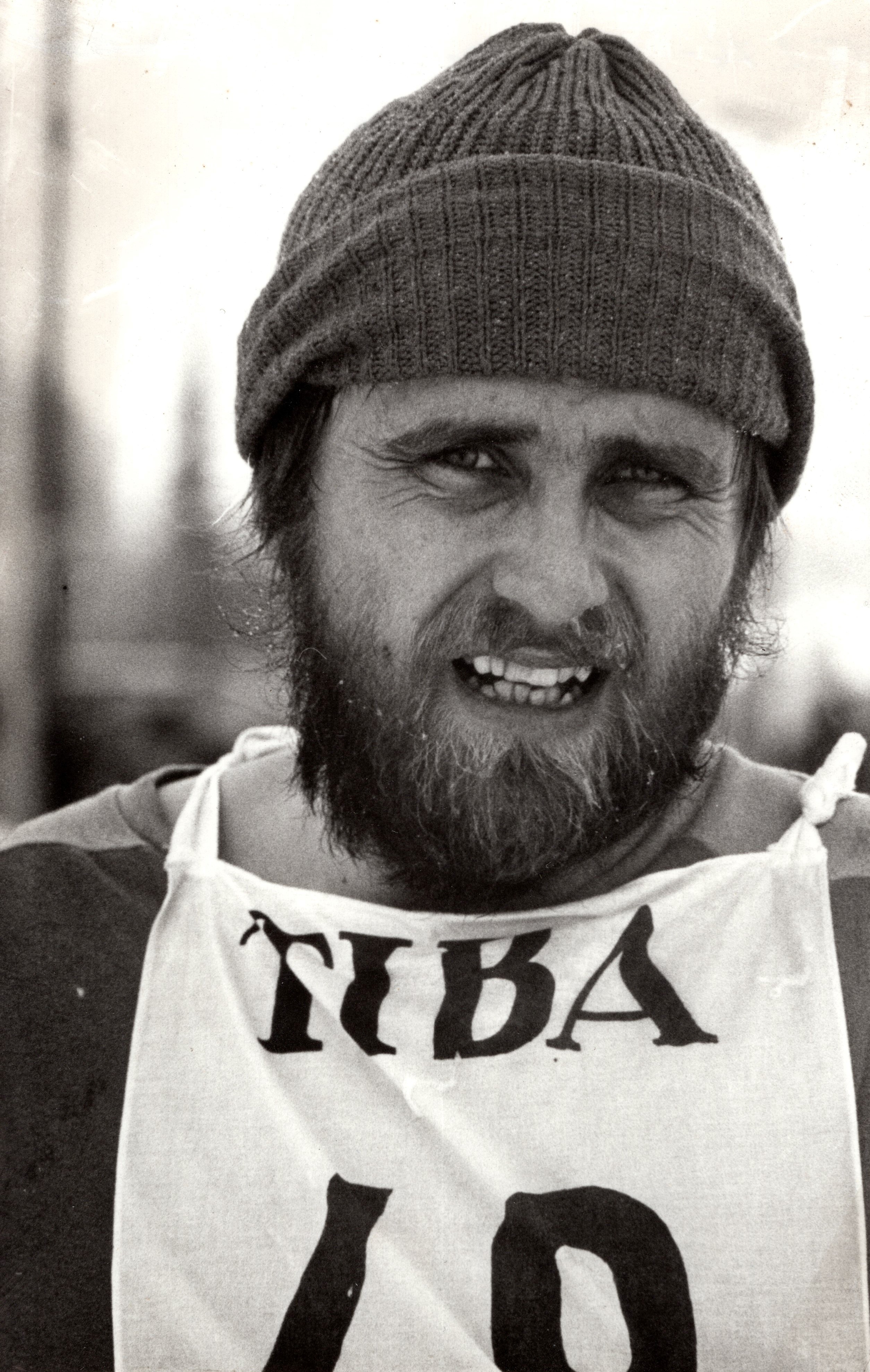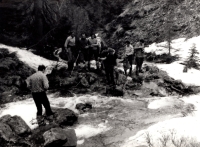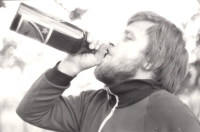As a kulak’s son, he was forbidden to study. The CPC even impaired his sports opportunities

Download image
Stanislav Groh wars born in Štikov near Nová Paka on 14 February 1946 and had two younger sisters. His father operated a farm of 20 hectares and owned a sand quarry and forests. His mother was a seamstress and model. His father resisted joining the farming cooperative until 1966. They took their horses and cows away; still, they were forced to deliver mandatory supplies and their living was miserable. The communists forbade the witness to study at a high school and he was forced to farmwork from 1961 on. He was a member of the athletic club in Nová Paka and competed in running and both cross-country and downhill skiing. He married Ludmila Štětková in 1967; her father Otokar Štětka was the chief of the mountain rescue service (horská služba) in Krkonoše and his relatives lived in the USA. The witness and his wife had daughter Michaela. Following his military service, the witness worked at a Ministry of the Interior holiday resort in 1967 and then, for 40 years from 1968 on, at the Škoda plant in Vrchlabí. He wrote anti-occupation messages after 1968. He remarried in the 1980s and had three children with wife Jaroslava. In 1989 he managed to get to Germany and ran a marathon race in Frankfurt where he met Emil Zátopek. He took part in protests in Vrchlabí and Dvůr Králové nad Labem in 1989. He was living in Vrchlabí in 2023.





































